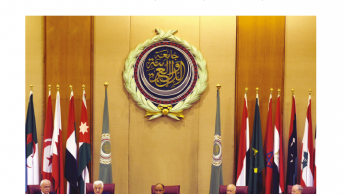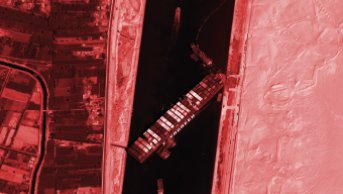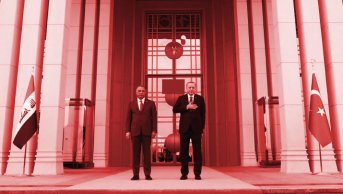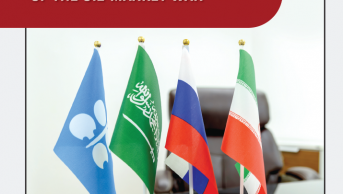New Equations in the Eastern Mediterranean
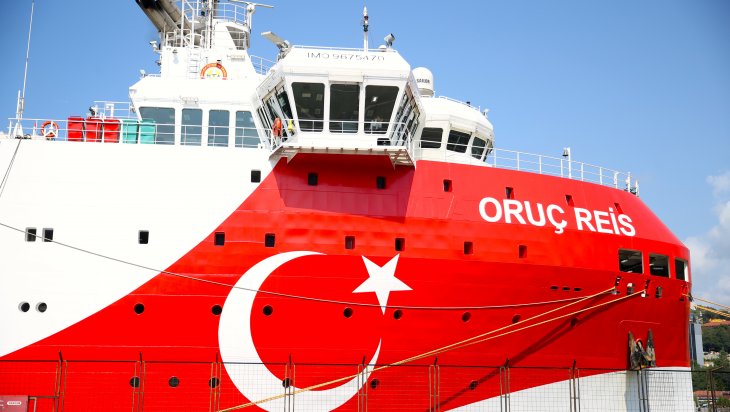
Eastern Mediterranean, A Global Struggle Area
Recently discovered hydrocarbon reserves in the Eastern Mediterranean have led to the reshaping of regional dynamics. Changing dynamics have brought about an increase in energy competition and controversial issues and deepened crises. The competition between the countries in the region which want to be an exporter in energy trade thanks to the discovered hydrocarbon reserves and the determination of the maritime jurisdictions, the disputes on the route through which the reserves to be processed will be sold, and the search of European countries, which have the highest share in the energy demand market, for new markets to substitute Russia, Algeria and Nigeria have been the prominent matters deepening the crisis.
In the process, the steps taken by Israel, Egypt, Lebanon, the Greek Administration of Southern Cyprus (GASC), the Turkish Republic of Northern Cyprus (TRNC) and, most importantly, Turkey, the states that have rights on hydrocarbon energy resources in the Eastern Mediterranean region according to the United Nations Convention on the Law of the Sea, are gaining importance with each passing day. One of the most crucial disagreements between the states which have a legal say in the region is the identification of maritime jurisdictions and exclusive economic zones. Thus, the problem of the sharing of new resources is added to the current crises in the region. The sharing of hydrocarbon and oil resources at the root of this new crisis necessitates addressing the problem through both economic and security dimensions.
Priceless Gain
A large amount of the said reserve resource stands out as the biggest factor that can explain the complexity of this scale. According to the estimated figures, there are 122 trillion cubic meters of hydrocarbon reserves in the region; and it is a priceless gain for any actor with high reserve share and market advantage. Therefore, a resource of this amount raises the appetite of actors who are mostly energy importers in the region.
Disputes brought about by the exclusive economic zones have given birth to various alliances, and as a result of these alliances, projects such as the East-Med and Vasilikos Plan leaving Turkey outside has been brought into question. However, both the costs of these projects and that they pass through Turkey's continental shelf in terms of the norms of International Law reduces the likelihood of the projects. All these disagreements have also had a triggering effect for the ongoing crises in the region such as the Turkish-Greek conflict, the Cyprus issue, the Palestinian issue, and even the Syrian civil war.
Israel can export the new reserves it has treated and processed to Egypt and Lebanon has its existing capacity and wants to reach the European and global markets. There are three ways to this goal. Transporting natural gas to Europe via Turkey through the pipeline is shown to be the cheapest and most reasonable option. The considered Haifa-Ceyhan path is still the alternative with the lowest cost. Another option is to transport natural gas to Europe via LNG facilities in Egypt. The last option is the plan to reach Europe via Greece through the East-Med project. However, as mentioned earlier, the high cost and the controversy of the continental shelf make the plan difficult. The support of the US and the EU for the project raises the hopes of Israel, Greece and the GASC.
Map 1. EastMed Project
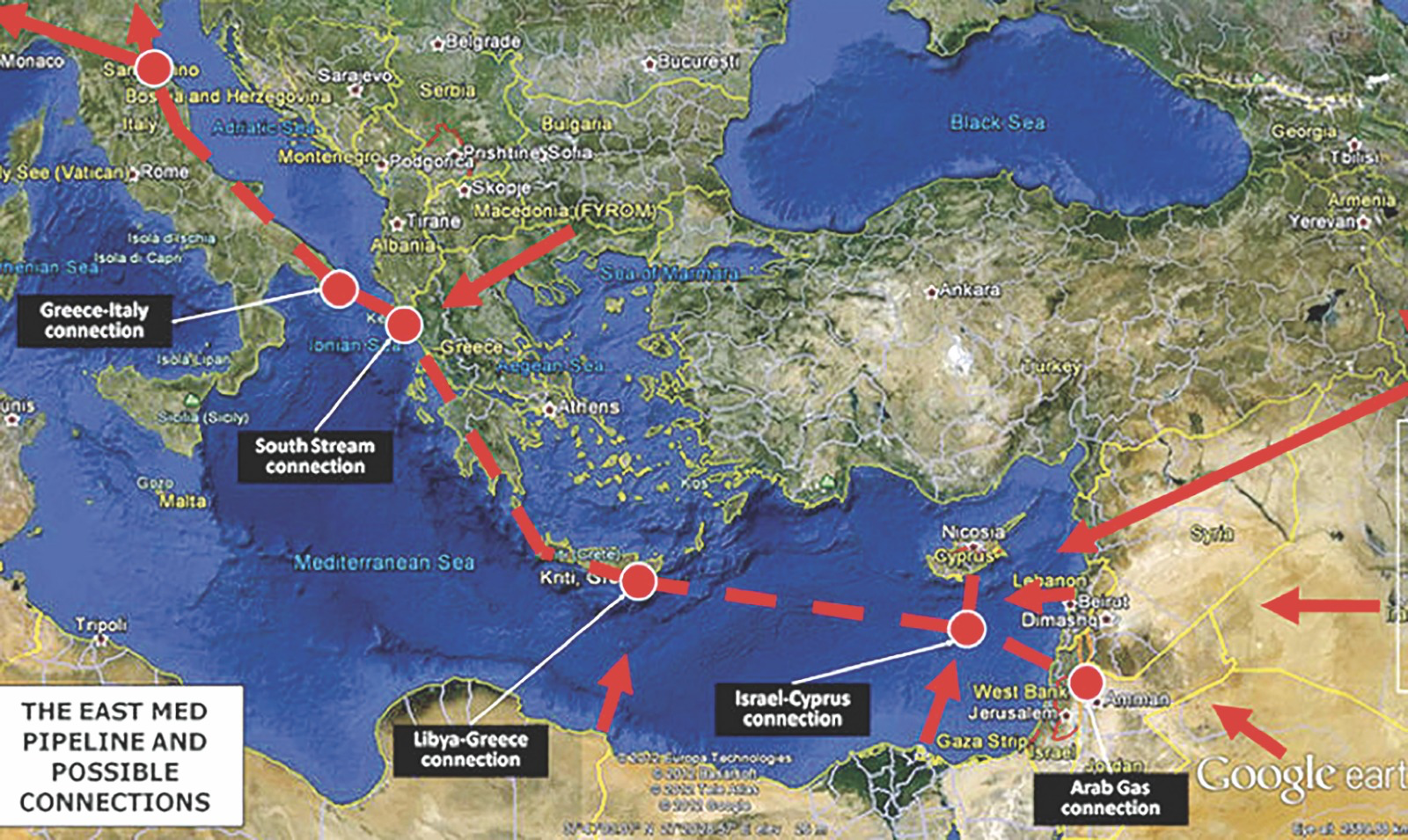
The GASC wants to establish an LNG facility with the support of the US and EU and become a trade center for energy. In this respect, according to the Vasilikos Plan, natural gas in the Aphrodite and Leviathan fields is planned to be transported and processed in this new facility. The processed gas will be transported to Europe and global markets through Greece. In accordance with this plan, the GASC authorized the US and France to establish a military base in order to secure all agreements made.
From this point of view, not only the regional countries but also the USA and the sovereign states in Europe have become parties of the energy struggle. The licensing agreements made by the actors in the region with multinational companies and organizations have turned the event into a more complex multinational chess game. There exist several reasons why non-regional actors are interested in available resources. The greatest motivation for European countries is to decrease their energy demand-intensive structures and to minimize their energy dependency on Russia. Thus, they plan to politically break Russian pressure.
Map 2. Vasilikos Plan
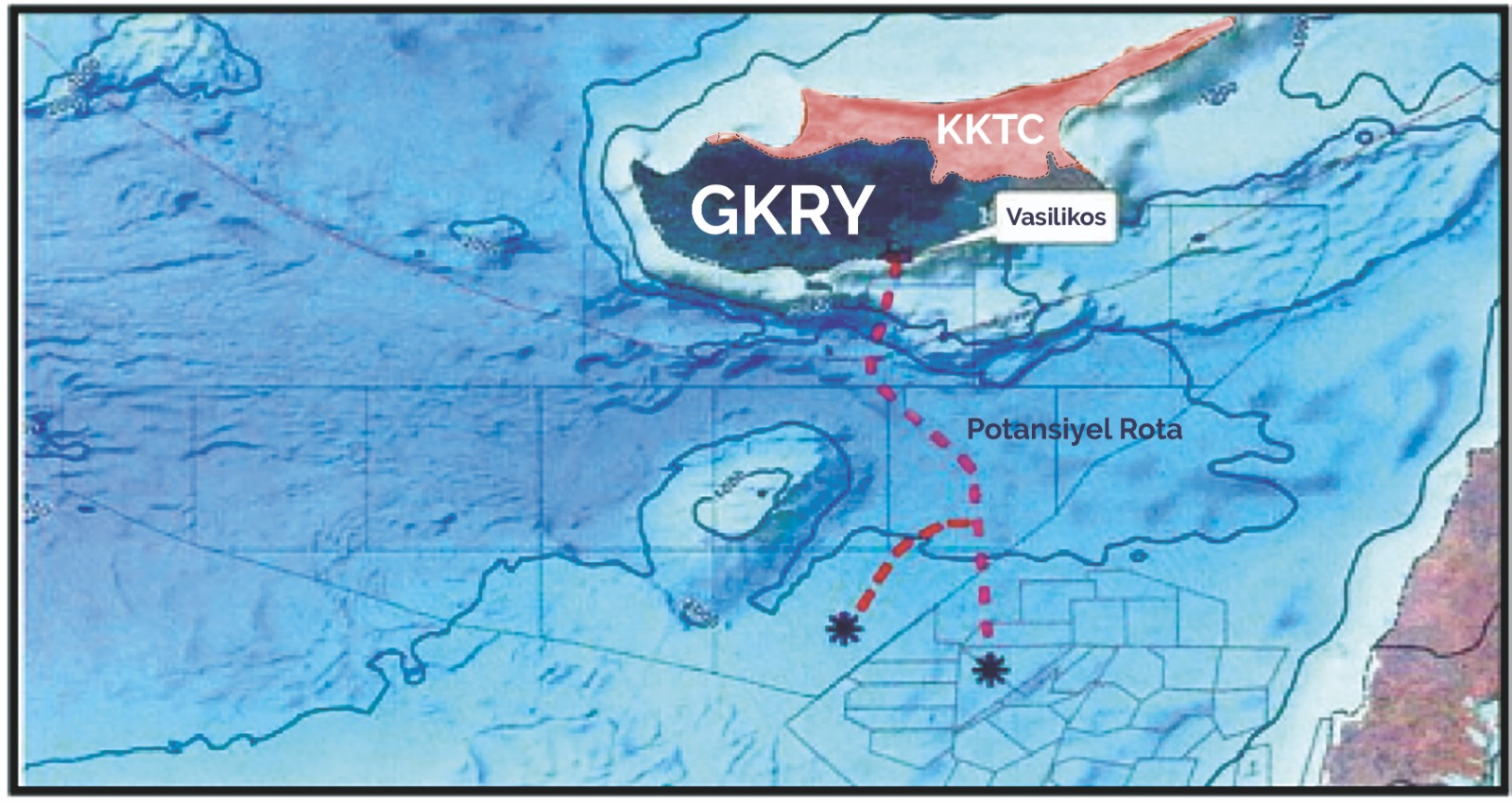
The TRNC, the GASC, and a Potential Route of LNG Transport
As a result of the equations established in line with the above-mentioned objectives, it can be seen that military power-backed war diplomacy is dominant in the region instead of a search for solutions in the light of international law norms. Thus, the Eastern Mediterranean has become a geography where hybrid struggles over marine areas are experienced.
Counter-moves and Their Effects
One of the most significant moves in the recent period has been the proposal of the TRNC President Mustafa Akıncı to the Greek Cypriot leader Nikos Anastasiades through the United Nations (UN) Special Representative in Cyprus to establish a joint committee on reserves in the region. According to the proposal, it was proposed to establish a joint committee with the participation of an equal number of members from both sides, to create a mechanism through which the committee to be formed would serve under the supervision of the UN and EU, and to form a fund by detailing the structure, objectives and working methods of the joint committee. Ministry of Foreign Affairs of the Republic of Turkey and of the TRNC have welcomed the proposal for cooperation and declared their full support for the proposal.
According to the Greek Cypriot side, on the other hand, the offer in question was not welcomed. The Greek Cypriot side kept the proposal at a distance due to reasons such as loss of dominance in the region up to 70% percent, economic damage to a great extent and especially the loss of control over the Calypso, Glafkos and Oniforos energy deposits in the 6th, 7th and 11th areas. Here, the idea of losing the Oniforos deposit in the 11th region can be said to be realistic. This proposal by the TRNC has driven the Greek Cypriot side into the corner in the international public opinion. In case of rejection, the Greek Cypriots will once again be referred to as the party saying no. That Turkey resolutely stands behind this proposal and the Turkish Cypriot is another factor that puts the Greek Cypriot side in a difficult situation.
Following the commencement of the delivery of the S-400 air defense systems to Turkey in the same period, the US has decided, as the first counter-move, to lift the arms embargo imposed on the GASC for 32 years. They also agreed to participate in the EastMed project's summit meeting for energy cooperation between Egypt, Cyprus, and Greece on July 29. Despite the guarantees given by President Donald Trump in the last G20 summit, with the pressure by Pentagon, Turkey has been removed out of the F-35 program. In the following process, the United States is expected to impose sanctions on Turkey in accordance with the Countering America's Adversaries Through Sanctions Act (CAATSA). In this context, it is argued that Trump will choose a package with the lowest-grade 5 items out of 12 various sanctions. Although these sanctions imposed against Trump and his promise at the G20 summit, may bring about a two-headed U.S. image, it will lead to negative consequences both in terms of the internal dynamics of Turkey and of the Eastern Mediterranean issue.
Not giving up its resolute stand in the Eastern Mediterranean region, Turkey continues to express its determination to protect the rights of the TRNC as long as there exists a lack of solution through fair sharing of the energy resources in the region. Whereas steps are being taken against Turkey which struggles in the region all alone, according to certain news, emerging first in the Greek Cypriot media and then in the global media, and based on reliable sources in Brussels, it was claimed that the Fatih drilling vessel discovered 170 billion cubic meters of natural gas reserves as a result of drilling activities around Paphos and the purchased S-400s would protect Cyprus as well.
Although the given news is exciting, the discovery information associated with the S-400 move was also interpreted as a move for the joint committee proposal of the TRNC. The accuracy of the news will soon be revealed, but here is another important point: Fatih, our research vessel, is on the Turkish continental shelf. In other words, the possible discovery of reserves shall be deemed to fall outside the scope of the proposal of the TRNC and only belongs to Turkey and the TRNC the joint commission and mutual fund where the discovery of possible reserves in the TRNC.
During the same period, the attitude of the EU, along with the regional countries which adopted a tougher position in the face of Turkey as a result of the increasing Turkish activities in the region, grabs attention. Through its recent declaration, the EU stated that it decided to “reduce its financial assistance to Turkey, invite the European Investment Bank to review its lending activities in Turkey, suspend negotiations between Turkey and the EU on an aviation agreement, and halt high-level bilateral talks between Turkey and the Partnership Council”. The declaration also mentioned that if Turkey continued its exploration activities, the EU would resort to target-oriented measures. However, there is a general opinion that the effect of these sanctions will not go beyond being political. It is foreseen that these limited sanctions will have no deterrent effect.
Turkey’s first reaction to the sanctions has been tough. It was stated by the Ministry of Foreign Affairs that the fourth search vessel would be sent to the region if sanction decisions continued. That the drilling operations are conducted in the territorial waters of Turkey and the TRNC is the biggest factor to empower Turkey's hand in terms of international law. Accordingly, Fatih drilling vessel conducts activities on Turkey's continental shelf while Yavuz drilling ship makes drilling in areas authorized by the TRNC to the Turkey Petroleum Corporation Partnership through the licensing agreement signed in 2011 and renewed in 2016. Similarly, Barbaros Hayrettin Pasha research vessel continues its activities in the south of the island.
Another development that strengthens Turkey's hand in the region is that Russia and China declare that they do not support unilateral restricted sanctions of the EU. The Russian and Chinese support to Turkey's struggle in the Eastern Mediterranean is very important. Turkey has achieved successful diplomacy in this field and has managed to win two important members of the UNSC over.
In the course of these developments, the statement made after the meeting of the Council of Presidents consisting of the heads of the Greek Cypriot political parties declared that the proposal of the TRNC's joint committee was rejected on the grounds that it took the Cyprus problem far away from its essence. With this decision, the Greek Cypriot administration once again showed that it is not a party to make a compromise. Thus, Turkey has strengthened its psychological advantage in the just struggle and has empowered its hand in the international arena.
In this context, to reduce its dependence on foreign energy sources, to decrease the demand for foreign exchange and to be a vital energy center, Turkey continues its struggle for these resources. Despite this multiple blocks it faces, Turkey should use the advantages such as the cost of alternative projects planned and its geographic location as well as its continental shelf. In particular, the above-mentioned Cyprus issue should be addressed and this issue should be handled as a supra-political matter in the country. Not to let the future generation experience a second Mosul-Kirkuk trauma, the protection of the rights in the eastern Mediterranean is one of the survival matters for Turkey in the last century.

